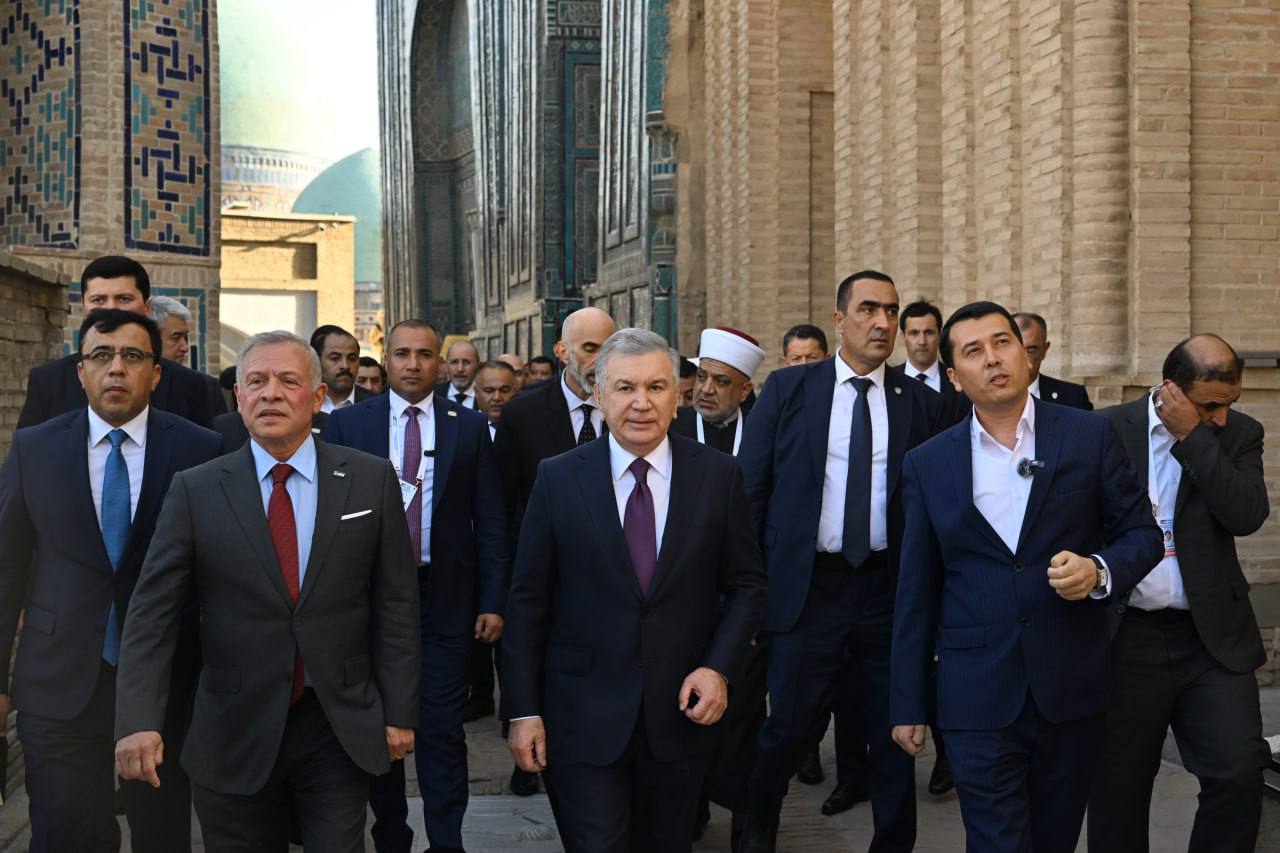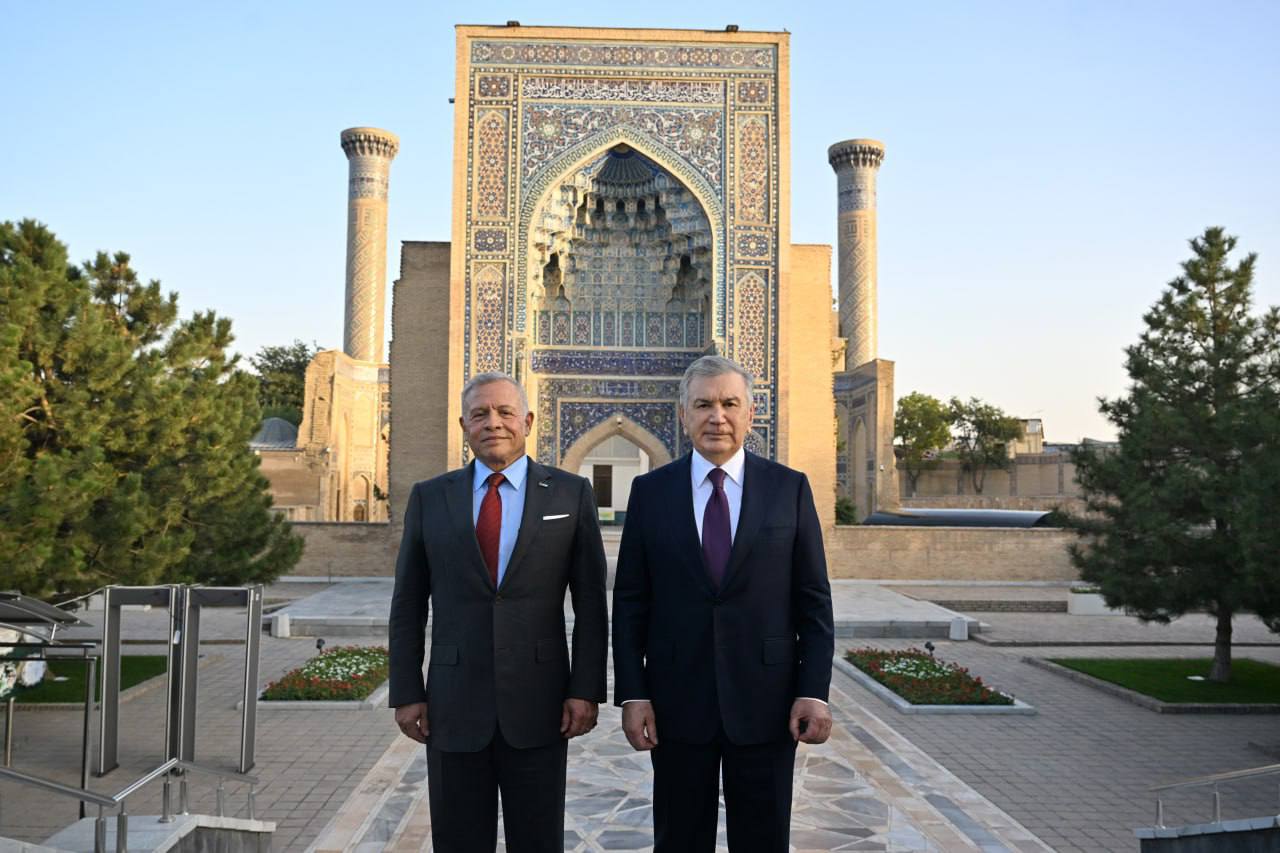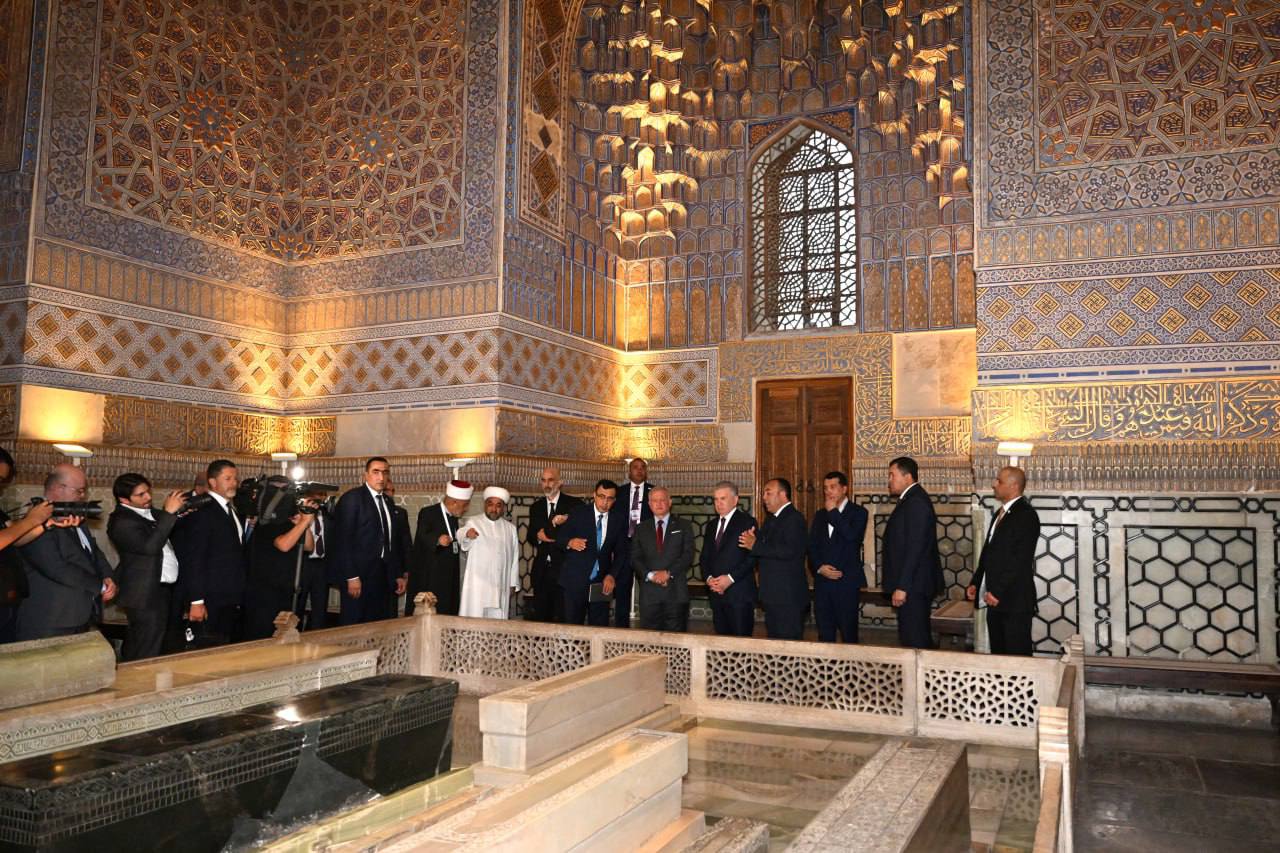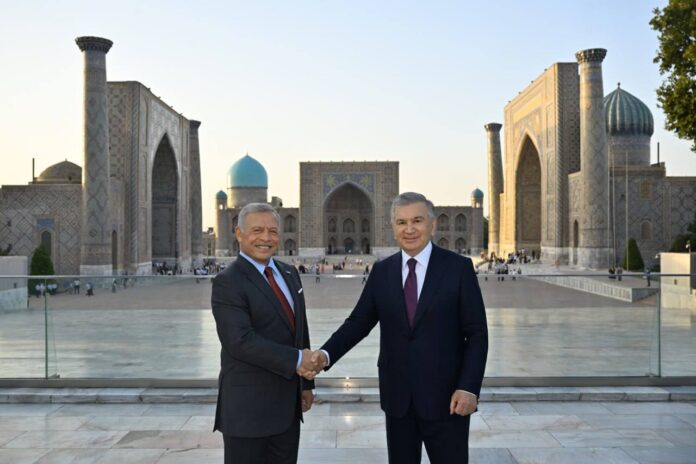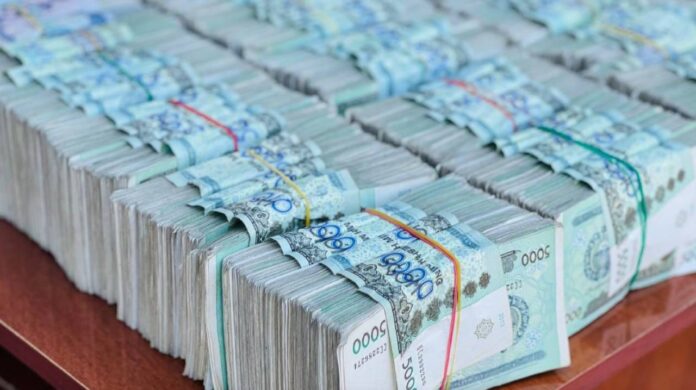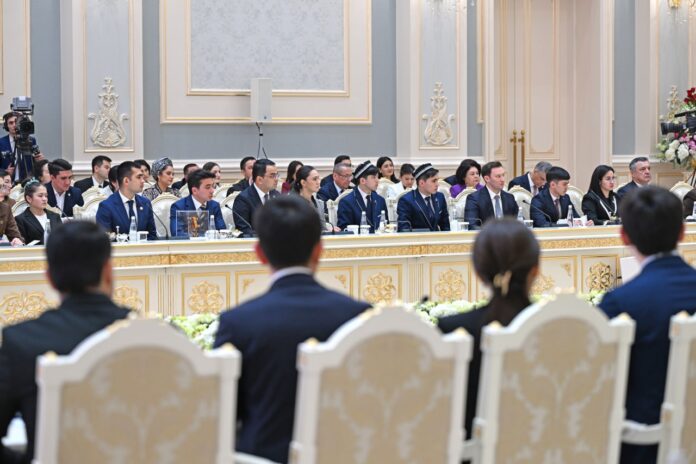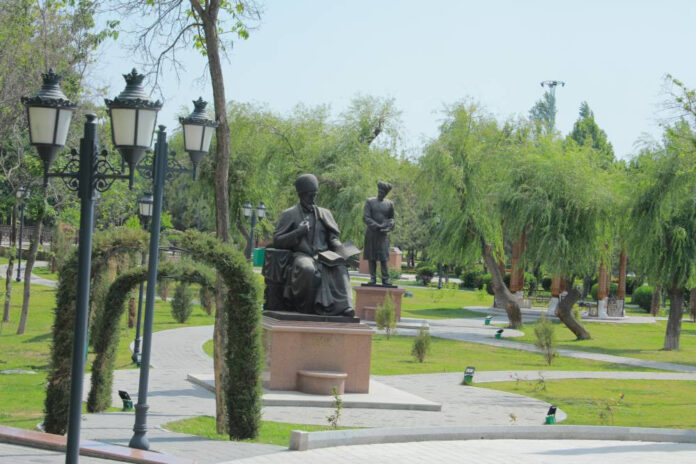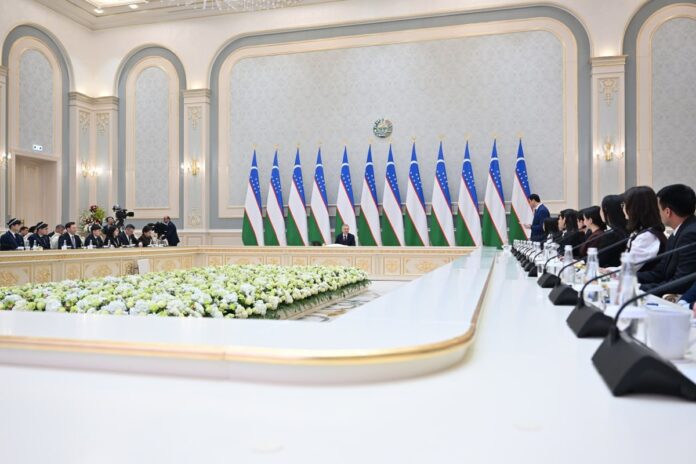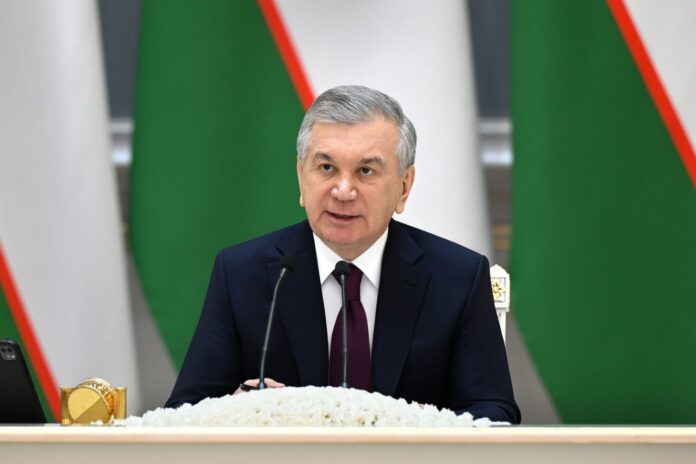Today, the president unveiled three pivotal documents aimed at launching a new era of youth entrepreneurship in Uzbekistan. These initiatives are designed to tackle youth unemployment and foster innovation, creating greater opportunities for young people across the country.
The first document establishes a Youth Entrepreneurship Development Fund under the Youth Agency, with $100 million allocated for its operations. This will enable young entrepreneurs to receive preferential loans of up to 2.5 billion UZS, and proactive youth will be able to secure up to 2 billion UZS in investments for their startup projects.
Currently, 90,000 university graduates are struggling to find jobs related to their fields of study. To address this, the second decree introduces a new system aimed at improving the employment of university graduates. The National Bank will receive $100 million to support this initiative.
In partnership with the Ministry of Higher Education and the Chamber of Commerce and Industry, the bank will offer new financial services to help convert the ideas and initiatives of university graduates into viable projects. Furthermore, a commission made up of local authorities, banks, and business leaders will be created to facilitate the placement of youth into job openings and address staffing needs.
The third decree focuses on transforming Aloqabank into a “youth bank” designed to support youth business projects, with $200 million allocated for this purpose. The bank will offer microloans of up to 100 million UZS with a 7-year repayment period to self-employed youth.
Additionally, individual entrepreneurs who hire at least 20 young people, open small businesses, or establish training centers will be eligible for preferential loans of up to 5 billion UZS over a 7-year period. At least 30% of these loans will be directed to support female entrepreneurs.
Youth business incubators will be set up in various regions, where youth ideas will be nurtured and developed into startups. These projects will receive support for 6 months to 3 years, helping them evolve into fully operational businesses.
The “Aloqa Venture” fund will invest between $50,000 and $1 million in startups, facilitating the sale of products and services in both domestic and international markets and assisting in the search for business partners and additional investment.
In 2025, efforts to combat youth unemployment in Uzbekistan will enter a new stage. Leaders have been reminded of the potential negative consequences of youth unemployment, including the risk of young people falling into illicit activities, religious extremism, or crime. The situation in Yunusabad, Asaka, Sharof Rashidov, Chirakchi, Pastdargom districts, and the cities of Almalyk and Bukhara has been identified as particularly unsatisfactory.
To equip youth with vocational skills and language proficiency and place them in high-paying jobs, a large employment program has been launched for this year, with a total of 126 trillion UZS allocated. The program will fund 378,000 micro-projects in local communities, enabling 250,000 people to earn a steady income through new credit products from local banks.
To prepare youth for making strategic decisions in technological fields, 8 advanced engineering schools have already started operations at technical universities, with 17 more schools expected to open this year.
Last year, 56,000 hectares of land were allocated to young people, leading to the employment of 153,000 youth in agriculture. This year, 3,300 hectares of unused land in the Republic of Karakalpakstan, Andijan, Jizzakh, Fergana, and Tashkent regions will be leased under new conditions. Young people who cultivate products on previously allocated land and earn at least 100 million UZS will be eligible for land under these revised terms.
Youth cooperatives will be established to enhance knowledge and skills in agriculture, while young entrepreneurs opening businesses in industrial zones will be eligible for loans of up to $500,000 for purchasing equipment.
Opportunities for youth in the service sector will also be expanded. Entrepreneurs who hire young employees and pay them at least 3 million UZS per month will be subject to a reduced 1% social tax for a 3-year period, benefiting both businesses and youth employees.
The “Youth Register” system is also due for an update and transformation. Authorities have been tasked with reviewing and streamlining all social packages available for youth, improving their efficiency and outcomes.
Creative industries are rapidly growing in the country, with 98% of those involved being young people. Last year, a law was passed to establish the legal foundations for the development of creative industries.
A model “Creative Park” has been established at the Youth Creativity Palace in Tashkent, with plans to build similar parks in regions. These parks will be equipped with the necessary infrastructure and resources. Residents of these parks will benefit from a preferential tax regime until 2030, with a 50% reduction in social and income tax rates. They will also be subject to turnover tax, regardless of their sales volume.
Business schools will be set up within these parks to train representatives of the creative industry. These schools will provide education on innovative business practices, including electronic commerce and modern service delivery.
